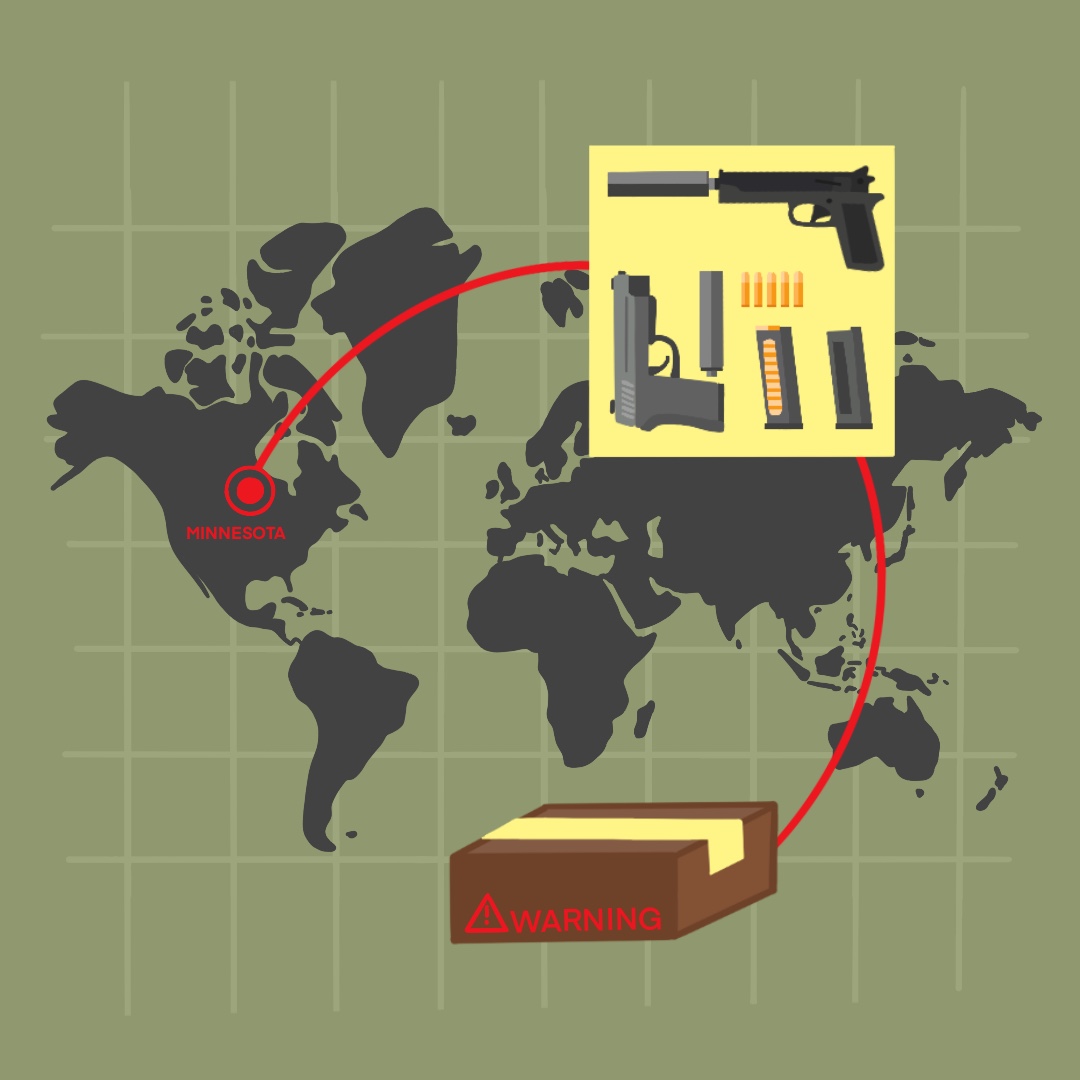Researchers from the University of Minnesota’s Human Rights Program presented findings concerning disappearances in northern Mexico on Tuesday.
More than 30,000 people have gone missing in Mexico in the past 10 years.
The briefing, held at the Humphrey School of Public Affairs, was a preview of the testimony that University researchers will present before the U.S. House of Representatives’ Tom Lantos Human Rights Commission on Thursday. The findings are the culmination of a three-year effort involving University researchers and partners at Oxford University and Facultad Latinoamericana de Ciencias Sociales.
“The purpose of our project is to help understand the phenomenon of disappearances, and especially to find and organize information,” said Barbara Frey, senior lecturer at the University’s Institute for Global Studies.
Researchers investigated 548 abduction cases in the northern Mexican state of Nuevo Leon, yielding the following findings: 91 percent of victims had no criminal record and 46 percent of perpetrators were Mexican state officials — including city, state and federal law enforcement agents.
The data compiled, Frey said, will assist in identifying the perpetrators, their habits and which victims they target.
“With the help of [the research teams], we started to understand the trends behind these disappearances,” said Michael Chamberlin, Mexican human rights advocate and deputy director at the Diocesan Human Rights Center in Saltillo, Mexico.
But Chamberlin said the total number of disappearances in Mexico since the country’s war on drugs began in 2006 is still unknown. The Mexican government officially recognizes around 30,000 abductions, he said, but only counts the cases where complaints were filed on behalf of the victim after 2014.
“[The cartels] receive help from local businessmen laundering money, and they also receive help from government officials by lending them vehicles, premises … or by just looking the other way,” Chamberlin said.
Paula Cuellar, a University Ph.D candidate in history, spent last summer conducting 41 interviews with Mexican journalists, nongovernmental organizations and family members of abducted victims.
Victims were portrayed as criminal participants in media and state news releases when the war on drugs began in Mexico more than a decade ago, Cuellar said.
That portrayal changed in 2010, she said, as family members of victims and NGOs began to work with journalists in order to change the negative perception.
“We have to be together,” said Adriana Moreno Becerril, a Tijuana native and mother of a son who disappeared in Coahuila in 2009. “United we make a force. We make the authorities … listen to us, and our biggest challenge is to find our beloved ones who are still missing.”
Becerril’s son, Victor Adrian Rodriguez Moreno, was traveling with two other co-workers to deliver a car to an auto import agency they worked for in Coahuila when they disappeared.
“I don’t care if [the perpetrators] get 100 years in prison or if they get released,” Becerril said. “I just want my boy back.”







